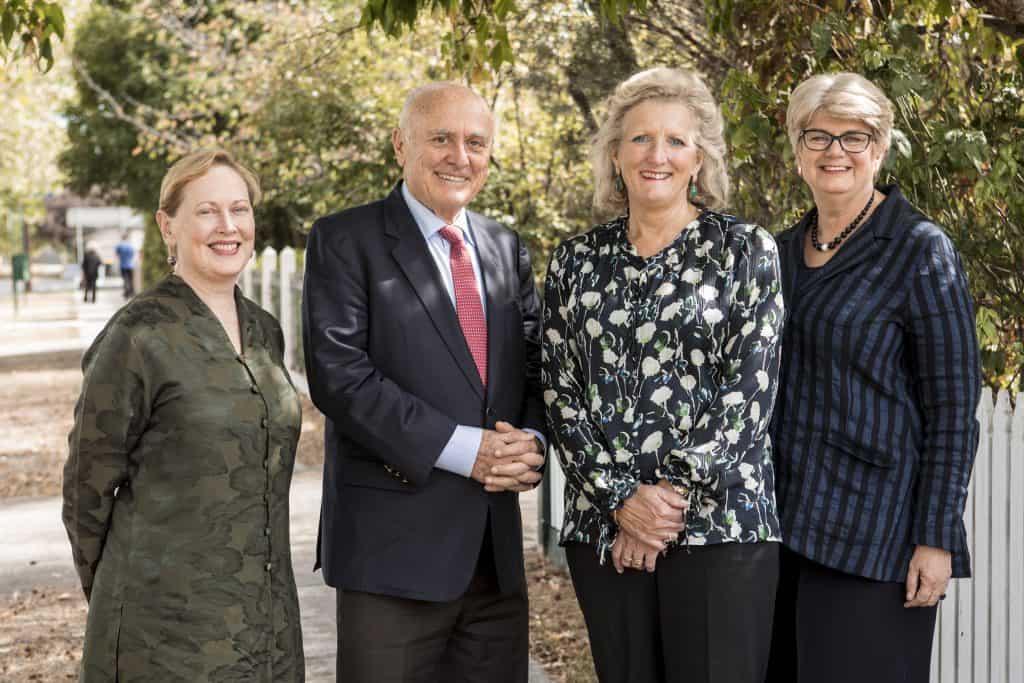
SafetyAtWorkBlog’s initial approach to Justine Alter, Psychologist and co-director of Transitioning Well. on the prevention of Burnout illicited the following response. It deserved further exploration so Alter was sent a further set of questions leading to useful answers.
Continue reading “Burnout, self-advocacy and more”“Prevention strategies are considered to be the most effective approach for addressing workplace burnout, and there are a number of things that workers can do to minimise the risk:
– Recognise the importance of a work-life balance ensuring that you get some recovery time
– Prioritise your time. Identify what is important, what can wait, and what can be delegated to others
– Self-advocacy. This can be difficult, however thinking about the importance of your mental and emotional health may help you advocate better for yourself
– Lead by example: utilise any flexible leave policies and opportunities that your company may provide
– Remain aware of resources that are available through your workplace – EAP, counselling, etc. Consider making these resources available if they aren’t already.”





